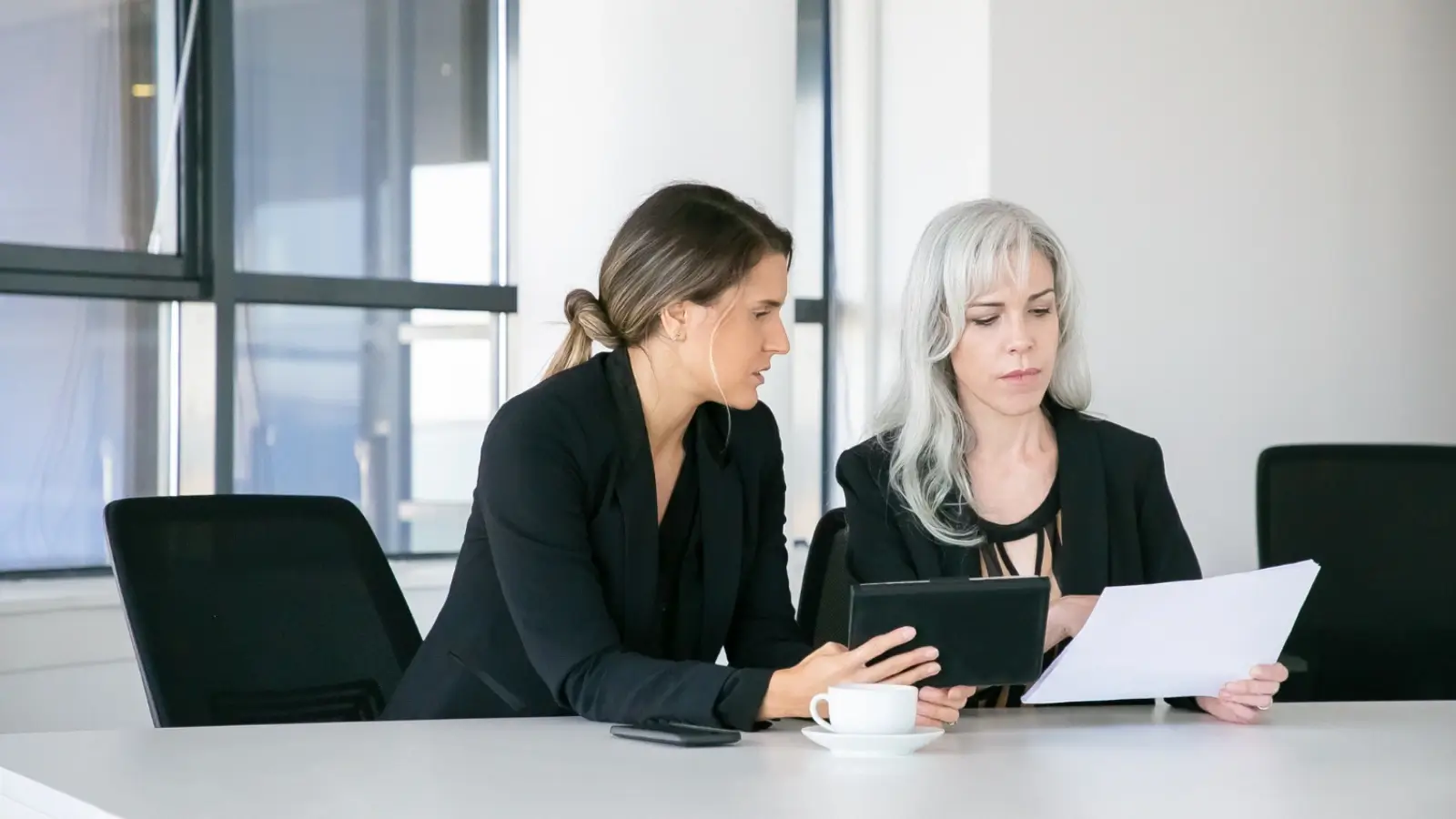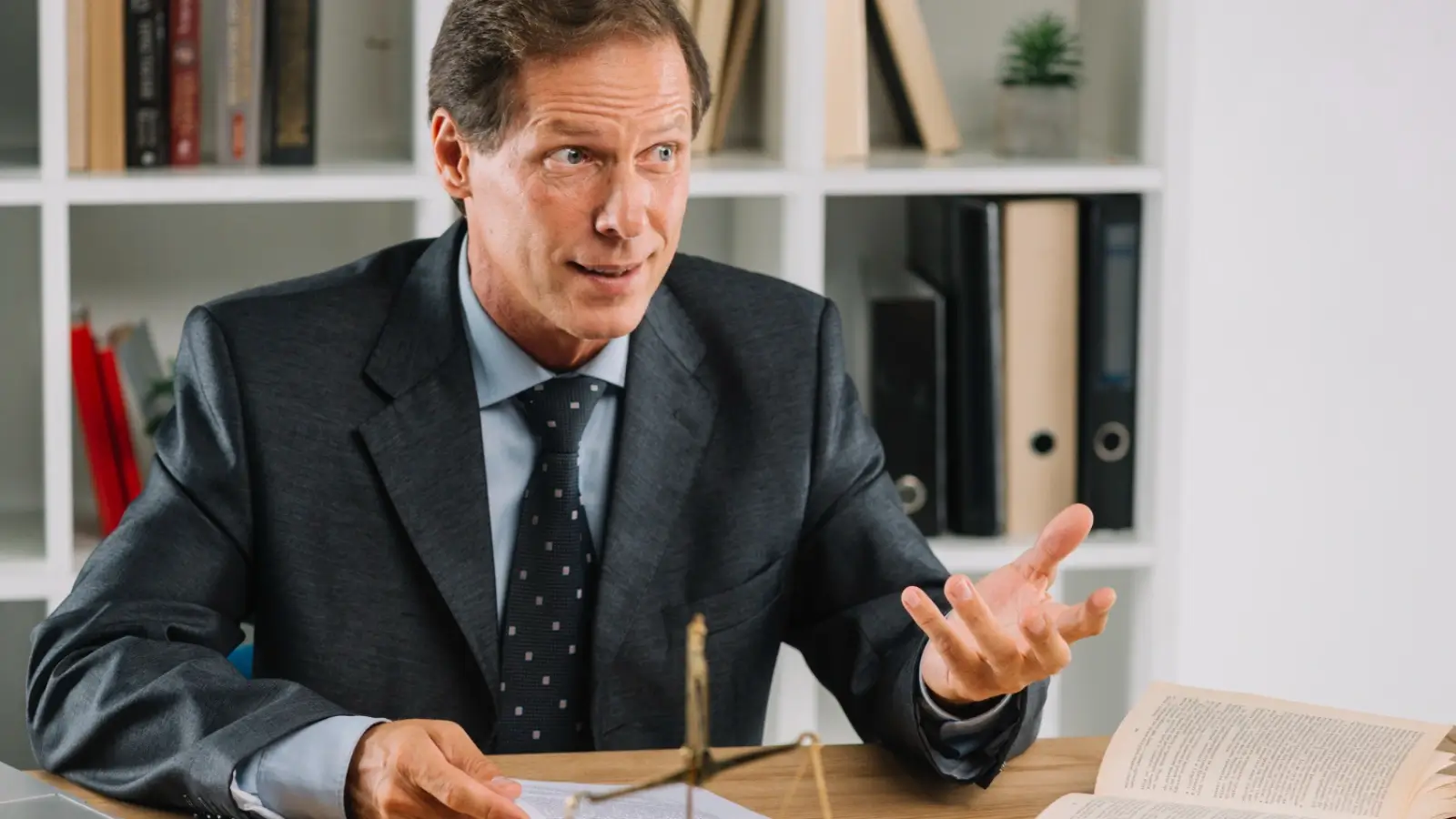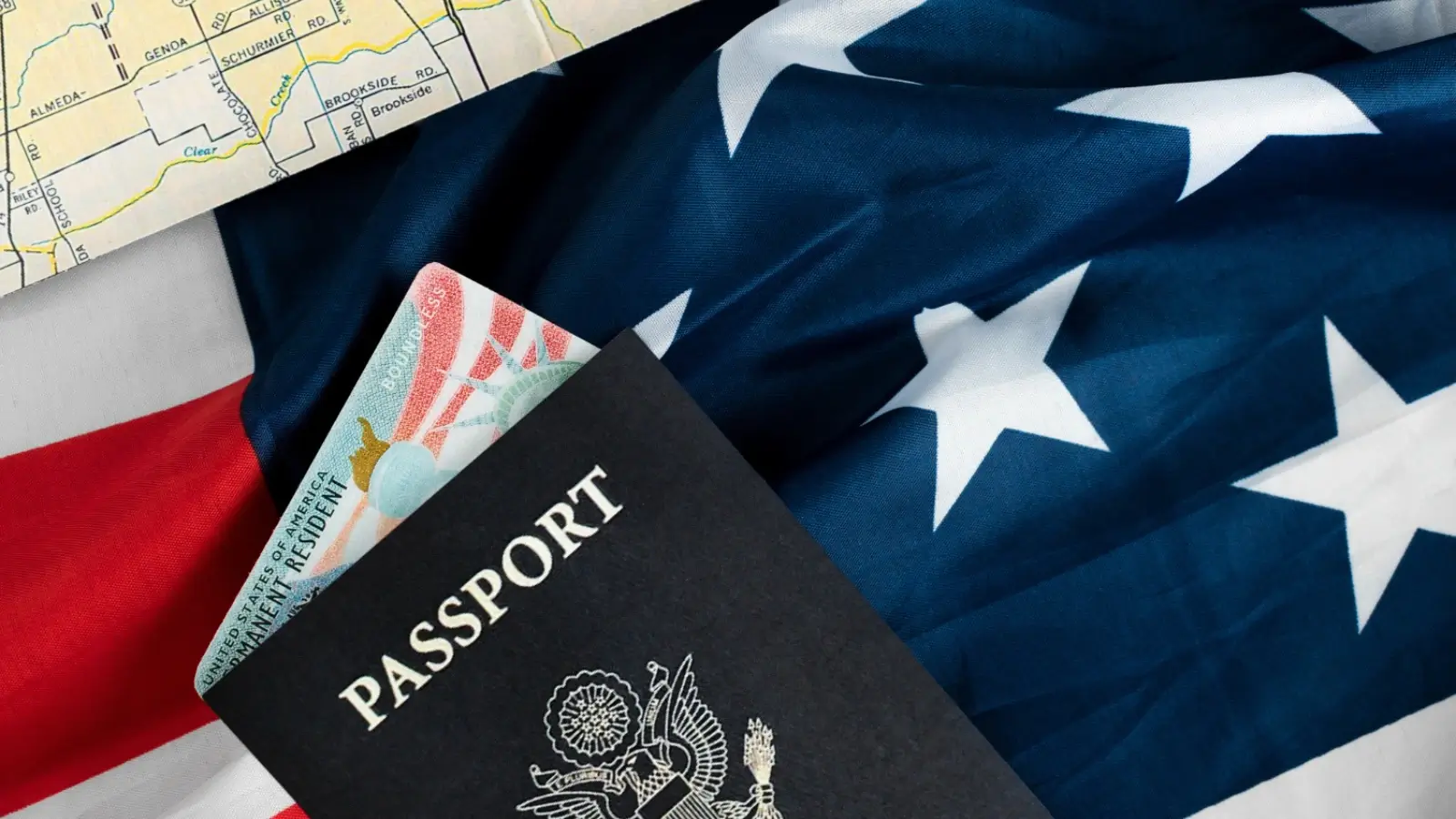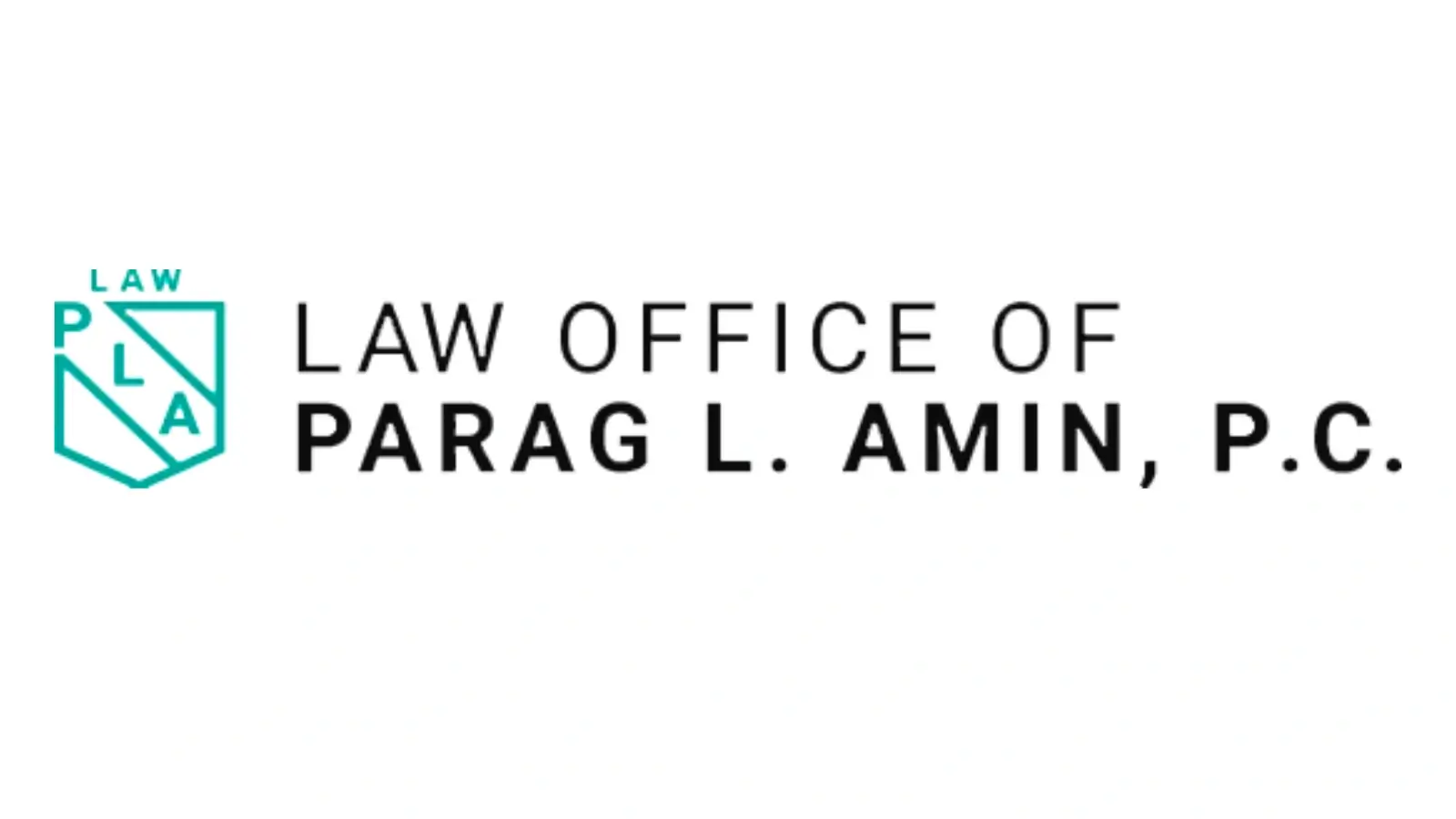Why a Domestic Violence Lawyer Sometimes Defends the Accused
— Defending someone accused of domestic violence isn't about excusing behavior—it's about ensuring justice and protecting legal rights.

A domestic violence lawyer in Bay Shore represents individuals accused of such crimes, ensuring they receive a fair trial. But why would a lawyer defend someone accused of domestic violence? The answer lies in the principles of justice, due process, and the reality that false accusations can and do happen. In this article, we’ll explore the crucial role of a defense attorney in domestic violence cases and why their work is essential for a fair legal system.
The Role of a Domestic Violence Lawyer
A domestic violence lawyer defends those accused of domestic abuse-related charges. Their responsibilities include:
-
Ensuring the accused's legal rights are upheld
-
Examining the evidence presented by the prosecution
-
Challenging false or exaggerated claims
-
Negotiating plea deals where appropriate
-
Representing the client in court to ensure a fair trial
While society often assumes that an accused individual is guilty, the legal system operates on the principle that every person is innocent until proven guilty. Defense attorneys play a vital role in preventing wrongful convictions.
Why Would a Lawyer Defend Someone Accused of Domestic Violence?
1. Everyone Deserves Legal Representation
One of the core tenets of the U.S. justice system is the right to legal representation. The Sixth Amendment guarantees that every person accused of a crime has the right to a defense attorney. Without legal counsel, the accused may not have a fair chance to present their side of the story.
2. False Accusations Happen
Unfortunately, false allegations of domestic violence occur more frequently than people realize. Some common reasons for false accusations include:
-
Divorce and custody battles: One partner may accuse the other to gain an advantage in family court.
-
Revenge or personal vendettas: A person may fabricate claims to harm the accused's reputation or career.
-
Misunderstandings: Heated arguments or exaggerated incidents can lead to wrongful accusations.
A domestic violence lawyer in Bay Shore helps uncover inconsistencies and ensures that only truthful evidence is considered.
3. Protecting Constitutional Rights
A strong legal defense protects fundamental rights, including:
-
The right to a fair trial – Preventing hasty judgments based on emotions rather than facts.
-
The right to due process – Ensuring legal procedures are followed properly.
-
The right to confront accusers – Allowing cross-examination to test the credibility of allegations.
Without a defense attorney, these rights may be compromised, leading to unjust convictions.
4. Ensuring Proper Legal Procedures Are Followed
Law enforcement officers and prosecutors must follow legal procedures when handling domestic violence cases. If evidence was obtained unlawfully or a defendant’s rights were violated, a skilled attorney can challenge the admissibility of such evidence in court.
5. Seeking Alternatives to Harsh Punishments
Even if the accused is guilty, a domestic violence lawyer can work to secure alternative sentencing options, such as:
-
Anger management programs
-
Community service
-
Probation instead of jail time
These alternatives can help rehabilitate the accused while ensuring accountability.
Common Defenses in Domestic Violence Cases
A domestic violence lawyer may use various defenses, depending on the circumstances:
-
Self-defense: The accused acted to protect themselves from harm.
-
False accusations: The claims are fabricated or exaggerated.
-
Lack of evidence: The prosecution has insufficient proof to secure a conviction.
-
Accidental injury: The injuries sustained by the alleged victim were not intentional.
-
Alibi defense: The accused was not present at the scene of the alleged incident.
Each case is unique, and a skilled defense lawyer tailors their strategy to the facts at hand.
The Impact of Domestic Violence Allegations
Being accused of domestic violence has serious consequences, including:
-
Criminal charges: Misdemeanor or felony charges that can lead to jail time.
-
Restraining orders: Orders that limit contact with the alleged victim.
-
Loss of parental rights: A parent may lose custody or visitation rights.
-
Employment consequences: A conviction can lead to job loss or difficulty finding work.
-
Reputation damage: Social and professional standing may be permanently affected.
A strong defense can help mitigate these consequences and protect the accused’s future.
Understanding the Legal Challenges in Domestic Violence Cases
Domestic violence cases are complex and emotionally charged. Judges and juries may assume guilt even when the evidence is unclear. Defense attorneys must analyze police reports, medical records, and witness statements to identify inconsistencies.
False accusations require proof such as text messages, surveillance footage, or witness testimonies. Additionally, no-contact and restraining orders can restrict the accused from seeing their children or returning home. Violating these orders, even accidentally, can lead to more charges. A skilled attorney helps clients comply with restrictions while building a strong defense.
Sometimes, plea bargains offer reduced charges or alternative sentencing. A knowledgeable attorney evaluates whether accepting an offer is beneficial or if going to trial presents a better chance of acquittal.
Conclusion
Defending individuals accused of domestic violence is not about excusing wrongdoing—it is about ensuring justice. A domestic violence lawyer in Bay Shore plays an essential role in upholding legal rights, preventing wrongful convictions, and securing fair outcomes. If you or someone you know is facing domestic violence charges, seeking experienced legal representation is critical to navigating the complexities of the legal system.
FAQs
1. Can a domestic violence lawyer assist if the accused is innocent?
Absolutely. A skilled lawyer will collect evidence, challenge misleading claims, and build a solid defense. They ensure the accused's rights are protected throughout the legal process. Their goal is to secure a fair trial and prevent wrongful convictions.
2. What happens if the alleged victim decides to drop the charges?
Even if the victim wants to withdraw charges, the prosecution may still move forward with the case. A lawyer can communicate with prosecutors, present mitigating evidence, and argue for case dismissal. Their legal expertise increases the chances of a favorable outcome.
3. How long does it take to resolve a domestic violence case?
The duration depends on the complexity of the case and the legal proceedings. Some cases settle within weeks through negotiations, while others take months or longer if they go to trial. An attorney will navigate the process efficiently to seek the best resolution.
4. What steps should I take if falsely accused of domestic violence?
Stay calm and avoid direct contact with the accuser to prevent complications. Seek legal counsel immediately to protect your rights and prepare a strong defense. A lawyer will help gather evidence, challenge false claims, and work toward case dismissal.




















